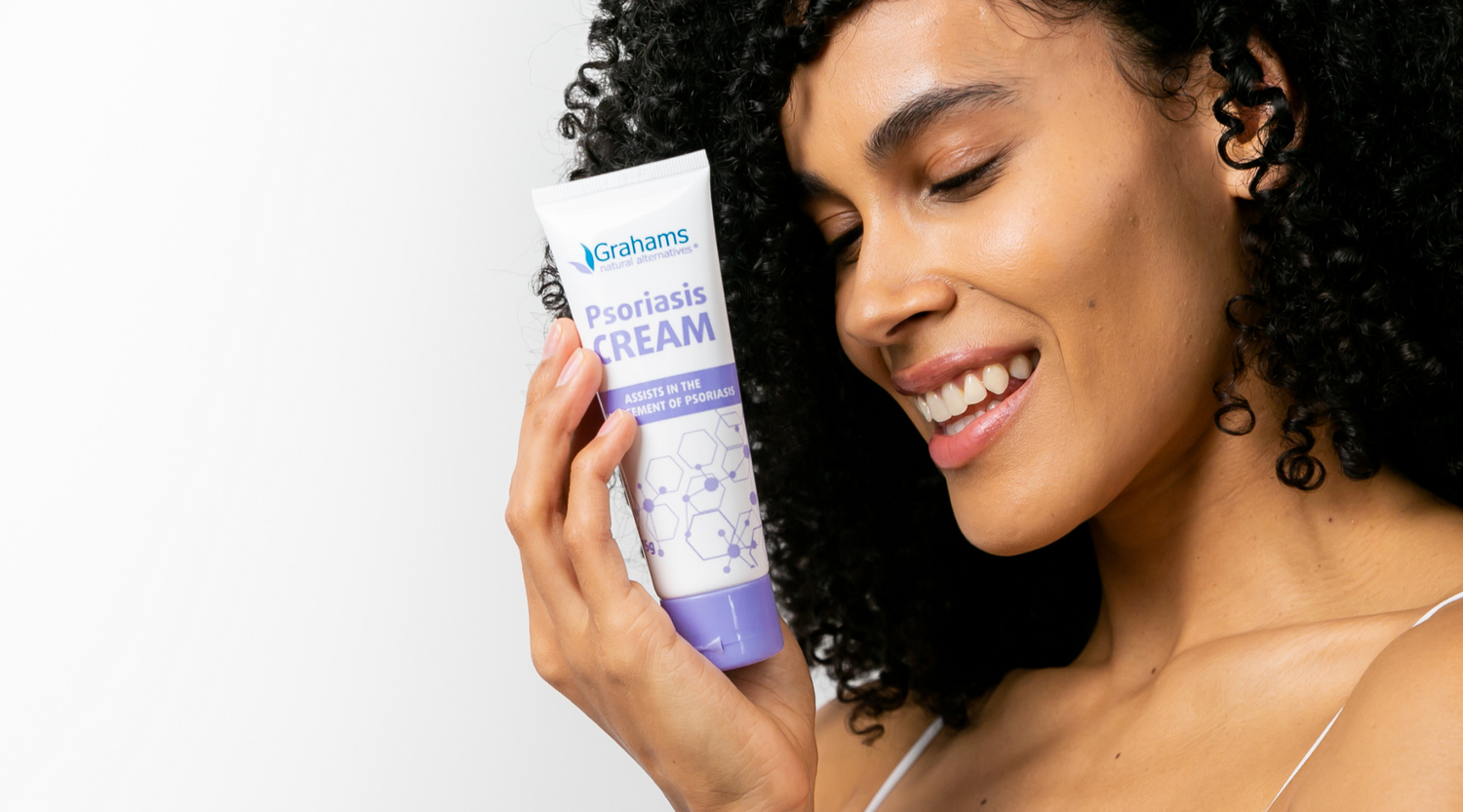Being a kid comes with its own challenges; such as homework, chores and making friends at school. Add eczema into the mix and life can get even more complicated.
According to the National Eczema Association, nearly 10 million children under the age of 18 have atopic dermatitis in the U.S. There are many studies that show the unsettling impact a skin condition can have on these growing children. To name a few:
-
Almost 30% of children experience disrupted sleep at least five nights a week due to symptoms
-
One in five children experience bullying because of their condition
-
Children with eczema often feel isolated from their peers due to disease-related lifestyle restrictions
Some common signs your child may be struggling emotionally with their eczema could be increased irritability, lack of interest in things they used to enjoy, changes in sleeping or eating routines, increased anger or more social isolation.
While it takes time for children to build confidence, there are some things we can do to help boost their confidence and relieve their symptoms.
Educate
Parents should consider educating both their children and their peers as early as preschool to help remove the curiosity and help them understand and support your child. Your child should be prepared to talk about their eczema with new friends. Their peers will be naturally curious, and it's inevitable that they will ask questions. Make sure your child knows how to explain what eczema is, how common it is, and that it isn’t contagious.
It would also be a good idea to educate their teachers before the first day of school about what they need to know about your child’s eczema. This would allow the teacher to also ask any questions, and discuss in advance what their kids can or cannot bring as part of their eczema skincare routine.
Encourage
Dealing with eczema (at any age!) can be daunting, and for some children caring for their eczema can feel like a full time job. What does your child enjoy doing? What are their interests? Encouraging your child to try new things (e.g. dance, team sports, drawing) and take risks can help find their passion and build their confidence.
Praise
Kids love being praised and hearing a simple “good job” at the end of an unwanted skincare routine is good, but hearing “I know having to keep up with putting creams and oils onto your skin everyday can be alot, but I really liked how you’re being so consistent and getting it done” is even better. This is a behaviour specific praise with clear emphasis on the behaviour you would like to see more of. Children respond well to accurate and well-deserved praise.
Stay Positive
Children pick up on words, tones, and emotions and often incorporate them into their own views. This means the words you use matter, as they can help share their eczema story at an early age. Positive language should be used often, so try to avoid using negative terms like “bad skin”.





